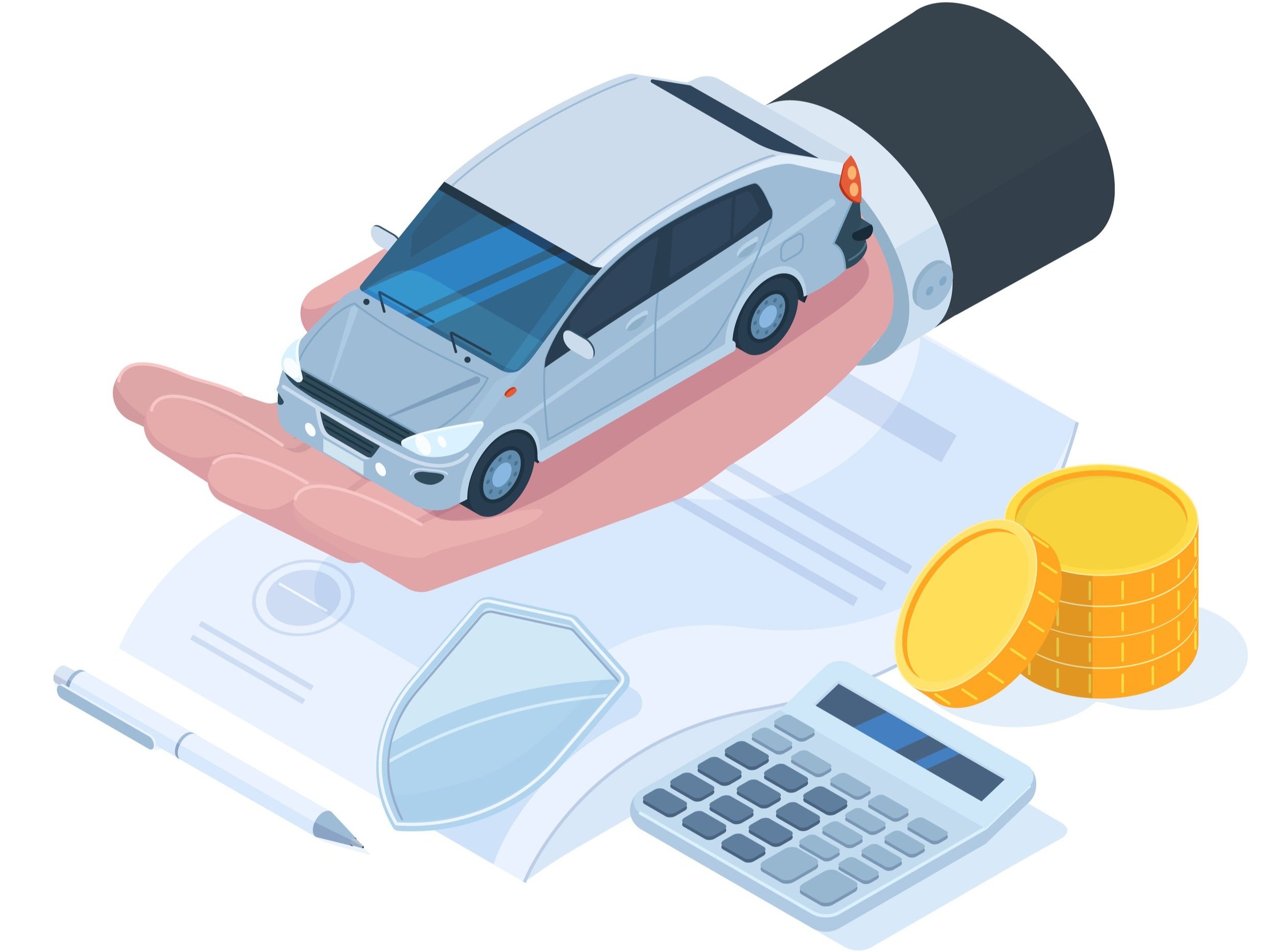The Pros and Cons of Refinancing a Car Loan
Refinancing your vehicle refers to taking out a new auto loan to pay off and replace your existing loan. Potential benefits of a refinance include reducing your interest rate, lowering your monthly payment, or even shortening the term of your loan.
On the other hand, refinancing can come with financial downsides like added lender fees, additional interest when extending the loan term, and sometimes even owing more than your car is worth.
You should take your credit and overall finances into account when determining whether or not refinancing a loan will benefit your situation. That’s why we outlined all of the various pros and cons to help you think through the details before making a final decision.
The Pros of Refinancing a Car Loan
You can reduce your interest rate
Has your credit improved since applying for your current auto loan? If so, you may be able to secure a lower interest rate by refinancing your existing loan with one that offers better terms. If you can lock in a reduced interest rate, monthly payments are lower, which may help you make ends meet and pay off the vehicle.
2. You can pay off your loan faster
Did your income increase since you originally financed your car? Switching to a shorter loan term allows you to pay off your car faster by increasing the amount you pay each month. On the other hand, you can simply make larger payments on your original loan, but an interest rate decrease may still make refinancing worth it.
3. You may be able to cash-out refinance
A cash-out refinance is sometimes a great way to realize some of the equity on your car (the difference between what your vehicle is currently worth and how much you still owe on your loan). This type of refinancing allows you to borrow more than what is currently owed on your current loan and pocket the difference.
We only recommend a cash-out refinance if you need the extra funds to pay for emergency expenses or debt consolidation. Paying down higher-interest debt can improve your credit, but this only works if the interest rate on your refinance loan is lower than on your existing loan.
The Cons of Refinancing a Car Loan
You may end up paying more interest
If you refinance to a longer loan term, it will reduce the amount on each payment, but you may end up paying more in interest due to the extra months of payment. Even securing a lower interest rate may not cover the additional interest built up from a longer loan term. Make sure to calculate out cost savings on a lower interest rate versus the additional interest built up from added monthly interest payments.
2. You could end up owing more than your car is worth
A potential downside to extending your loan term or choosing a cash-out refinance is the possibility of owing more than your car is worth. This is oftentimes referred to as going upside down on your loan. In this case, when selling your vehicle, you will need to pay the amount of your loan minus what the car is currently worth.
3. You may need to pay additional fees
One often overlooked downside to refinancing is the reality of added fees. Typical refinancing fees include application, origination, and title transfer fees. Some loan terms even come with a prepayment penalty when paying off a loan early. Therefore, we recommend calculating out the savings from a lower interest rate after accounting for all of the fees you will run into.
Improve Your Credit Before Refinancing
Refinancing your auto loan can make sense when the interest rate on your new loan is lower than what you are currently paying. This will lower the monthly payments as well as the overall cost of the loan, but it’s important to factor in any refinancing fees.
In order to secure a low-interest rate on a new loan, your credit needs to have improved since the application of your original financing agreement. Luckily, Upwardli is here to help you build positive credit.
Get your risk-free 30-day trial now and watch your credit grow! We have also created dozens of resources to help you learn about the US financial system, including how to rent an apartment, buy a car, understand your credit report, and much more!


